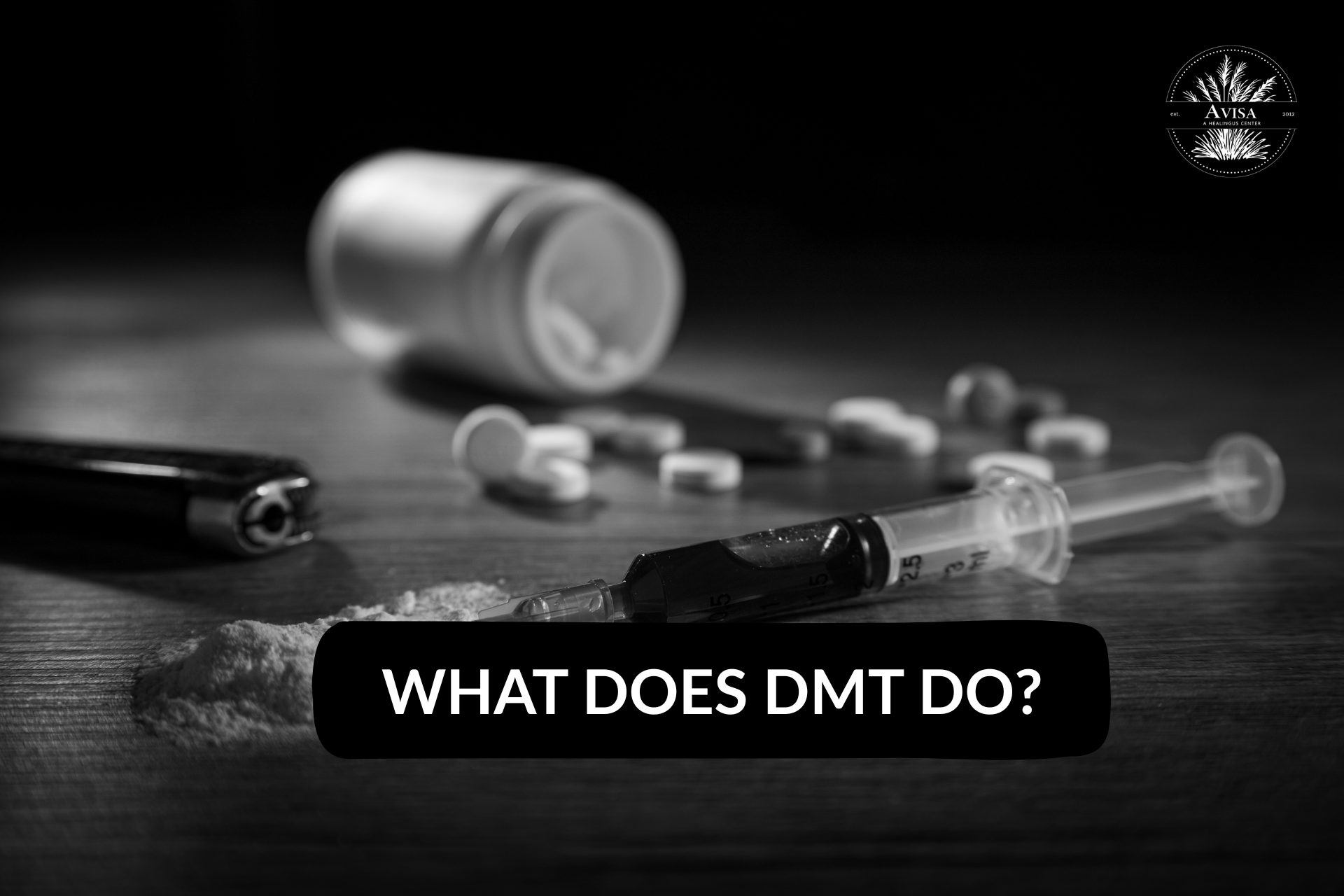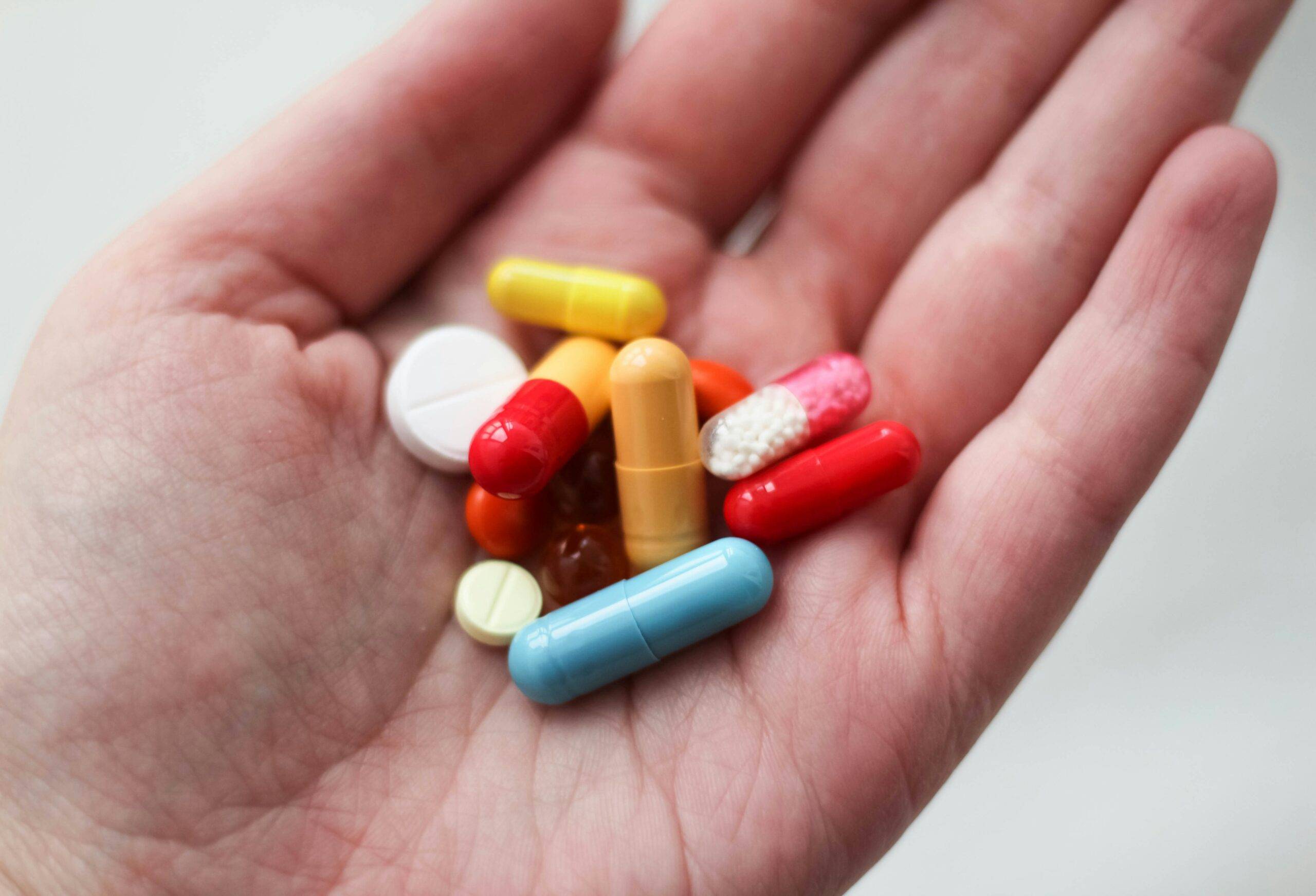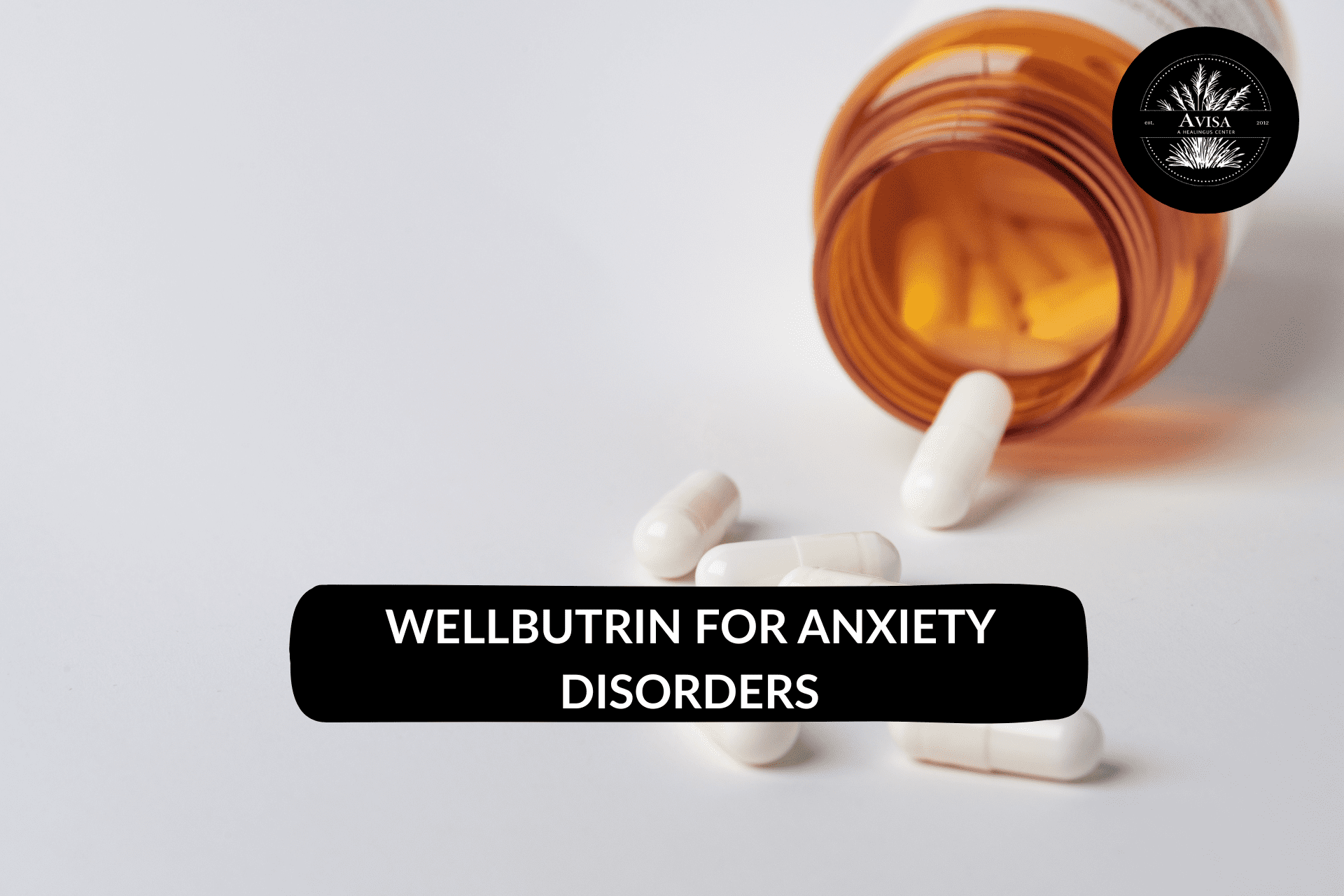The Gateway to Somewhere… or Nowhere?
Have you ever wondered what it would feel like to suddenly be pulled out of reality, not with your body, but with your mind? Imagine standing in your living room one second, and the next, you’re hurtling through a world made of pure color, sound, and emotion. It’s terrifying. It’s awe-inspiring. It’s overwhelming.
For many people chasing an escape from depression, trauma, or curiosity itself, DMT, known as the “Spirit Molecule”, offers that portal. But what does DMT do to your brain, to your soul, to the very core of who you are? And when the trip ends, what’s left behind? A healed spirit, or a new fracture that needs mending?
At Avisa Recovery, we understand that behind every experimental drug use story is a real human being searching for answers, healing, and sometimes… just relief. If you or someone you love is caught in the confusing world of psychedelics, know this: you are not alone, and real, lasting recovery is possible.
In this blog, we’ll break down exactly what DMT does to the brain and body, its short- and long-term effects, and why professional support, like the programs we offer at Avisa Recovery, is the most important trip you ever take.
What Is DMT?
DMT, or dimethyltryptamine, is a naturally occurring psychedelic compound found in plants and animals, including, incredibly, trace amounts in the human brain.
Known for inducing intense, vivid hallucinations that feel “more real than real,” DMT alters sensory perception, cognition, and emotions within seconds of being ingested or smoked. But what does DMT do once it floods your system? It hijacks serotonin receptors, particularly the 5-HT2A receptor, leading to powerful visual and auditory distortions. Nearly 24% of first-time DMT users report experiencing “extreme fear” during their trip.
How DMT Affects the Brain
What does DMT do neurologically? Research shows that DMT disrupts the normal functioning of the brain’s Default Mode Network (DMN), the system responsible for the ego, self-awareness, and day-to-day mental “autopilot.”
During a DMT experience:
- Brain regions that are usually disconnected become hyperconnected.
- Traditional boundaries between senses, such as sight and sound, blur.
- Time perception often collapses completely.
Studies have even compared a DMT trip to the brain activity patterns seen during near-death experiences. It’s not just a “trip” , it’s a radical, temporary rewiring of human consciousness.
Short-Term Physical Effects of DMT
Physically, what does DMT do to the body?
Here are the most common immediate effects:
- Increased heart rate
- Raised blood pressure
- Dilated pupils
- Trembling or muscle spasms
- Nausea or vomiting (particularly with ayahuasca, a DMT brew)
While these physical symptoms are usually short-lived, they can pose serious risks for people with heart conditions or high blood pressure.
Emotional and Psychological Effects
Emotionally, what DMT does can range from deeply spiritual to deeply terrifying:
- Euphoria: Feelings of universal love or cosmic connection.
- Terror: Intense fear, confusion, or encounters with “malevolent entities.”
- Trauma resurfacing: Forgotten memories or past traumas reemerging.
For some users, DMT provides temporary peace. For others, it opens psychological wounds that they didn’t even realize they were carrying.
Long-Term Risks of DMT Use
Even though DMT trips are short, their emotional impacts can be long-lasting.
Here’s what DMT does in the longer term:
- Persistent anxiety or panic attacks
- Hallucinogen Persisting Perception Disorder (HPPD), flashbacks
- Worsened underlying mental health conditions like depression or schizophrenia
Without professional help, these symptoms can spiral into chronic mental health struggles.
Is DMT Addictive?
Unlike substances like opioids or alcohol, DMT is not physically addictive. However, psychological dependence is still a serious risk.
What does DMT do to someone seeking constant emotional escape? It can trap them in a cycle of use, where real-world problems remain ignored, festering in the background while the person continues to chase temporary transcendence.
Can DMT Be Used for Therapy?
There’s a lot of buzz right now about psychedelic-assisted therapy. Studies have investigated whether DMT might one day be used to treat PTSD, depression, or anxiety.
But, and this is critical, these therapies are conducted under strict medical supervision, with rigorous preparation and aftercare. Recreational DMT use is uncontrolled, unpredictable, and dangerous.
At Avisa Recovery, real healing requires not just mystical experiences, but structured, evidence-based care that respects both the mind and the body.
How Avisa Recovery Helps
If you’re wondering what DMT does and whether it’s left its mark on you or a loved one, you don’t have to figure it out alone.
At Avisa Recovery, we provide:
- Comprehensive mental health evaluations
- Specialized treatment programs for substance use and co-occurring disorders
- Holistic therapies, including trauma-informed care, mindfulness, and life skills training
- Aftercare support to build resilience and prevent relapse
Our goal is not to shame or scare you. It’s to heal with compassion, science, and strength.
Conclusion: It’s Time to Choose Healing Over Escaping
Maybe you’re here because you’re curious. Maybe you’re scared, not of the DMT trip itself, but of what happens afterward when you can’t find your way back.
What does DMT do? It shows you another world.
What can Avisa Recovery do? It helps you heal in this one.
The truth is, there are no magic shortcuts to healing. There are no secret portals that will erase your pain overnight. But with the right care, support, and the right people by your side, recovery is not only possible, it’s powerful.
At Avisa Recovery, we see your struggle, we honor your story, and we believe in your future. If you’re ready to stop escaping and start truly living, reach out today. Your next chapter is waiting, and it’s one you get to write.
FAQs
Q. What does DMT do to your brain?
A. DMT dramatically alters brain function by targeting serotonin receptors, mainly the 5-HT2A receptor. It disrupts the Default Mode Network, causing intense sensory distortion, ego loss, and a profound shift in consciousness. Users often experience visuals, altered time perception, and emotional extremes during a DMT trip, lasting anywhere from minutes to hours.
Q. Can DMT trips cause lasting damage?
A. While DMT is not considered physically addictive, repeated use can cause lasting psychological effects. Some people develop anxiety, depression, or a condition called HPPD (Hallucinogen Persisting Perception Disorder). Without proper support, unresolved trauma triggered during a trip can worsen mental health conditions and interfere with day-to-day functioning long after the experience ends.
Q. Is there any medical use for DMT?
A. Some early clinical trials suggest DMT might have potential in treating depression and PTSD under controlled conditions. However, recreational use carries serious risks. Psychedelic-assisted therapy is highly structured, using precise doses and professional guidance. DMT remains illegal outside of research settings, and using it casually can be dangerous for mental health.
Q. How is Avisa Recovery different?
A. At Avisa Recovery, we combine evidence-based therapies with holistic care to treat the whole person, not just symptoms. Whether DMT use is part of your story or you’re struggling with emotional fallout, our expert team offers personalized treatment plans focused on lasting healing, emotional strength, and reclaiming control of your life.











